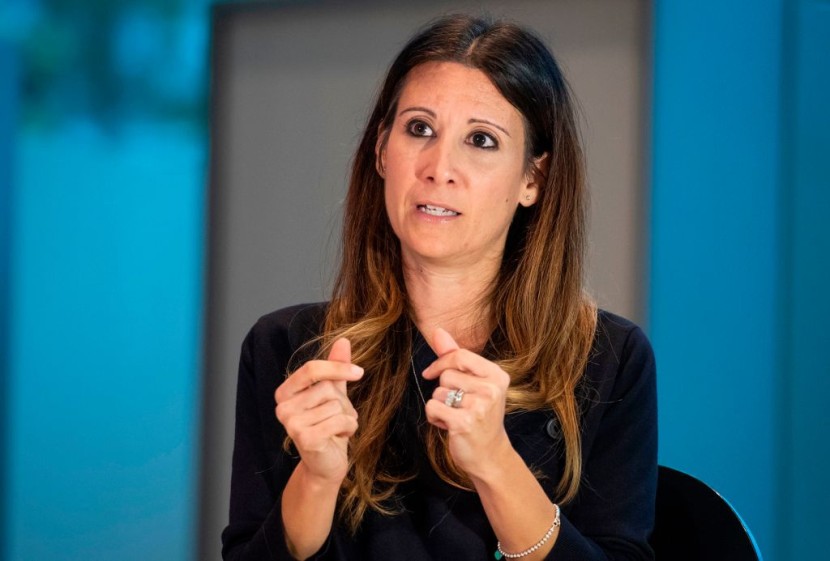
The World Health Organization (WHO) announced on Wednesday that 26 scientists were being assigned to a new advisory board that will be responsible for studying the origins of the coronavirus despite Beijing's continued refusal to cooperate in the investigations.
Despite the announcement, many are skeptical of the new panel's chances of succeeding due to Beijing keeping its stance of denying access. However, the advisory board could still be in a position to get a clearer picture of how to determine where similar diseases like the coronavirus could come from.
WHO's New Advisory Board
The team includes an American scientist and a Chinese researcher, who are from two countries that are at the core of the COVID origin arguments. The group also has the head of a Swiss biosafety center that sends a signal the WHO will consider the possibility of a lab leak alongside other theories about zoonotic spillover.
The WHO's new advisory board will work on assessing recent studies on the possible animal reservoirs of the coronavirus. The team will then advise the WHO on any possible future field research that they may need to conduct, including looking at labs where the first human infections were recorded in Wuhan, China, Axios reported.
The advisory board is named the Scientific Advisory Group for the Origins on Novel Pathogens, or shortened to SAGO. It will also include scientists from about two dozen countries around the world. The head of the WHO's emerging disease unit, Maria Van Kerkhove, called the establishment of the new group a "real opportunity."
Kerkhove said that the advisory group was a way for the health agency to get rid of all the doubts and politics surrounding the coronavirus pandemic. She said that it would enable health officials worldwide to focus on what we know and what we don't know.
Despite the announcement of the new advisory group, Beijing continues to deny access to the WHO. The Chinese government rejected a plan by the health agency for a second phase of the probe in July this year. The efforts may delve into various hypotheses about the coronavirus' origins, NPR reported.
Refusal to Cooperate With Investigations
While many people pushed for the so-called "lab leak theory" that claimed the virus escaped from a lab in Wuhan, China, the WHO has dismissed the allegations. However, in recent months, the theory has once again gained traction, partly fueled by Beijing's continued secrecy and denial of access.
Beijing has denied WHO scientists access to bat caves and wildlife areas in China's Enshi prefecture in Hubei province. The area is located six hours west of Wuhan and would be the health agency's search area for samples that could identify if animals in the region served as intermediate hosts for the infection.
The Discovery of the disease in wildlife animals could be the evidence that scientists need to support that the virus "evolved naturally." The efforts could clear Beijing of any involvement with the spread of the coronavirus. Many find that Beijing's resistance suggests that it may have something it wants to keep hidden from the WHO, the New York Post reported.
Related Article:
Nancy Pelosi Scolds Reporters, Saying They Should Do a Better Job in Selling Reconciliation Package
© 2026 HNGN, All rights reserved. Do not reproduce without permission.








